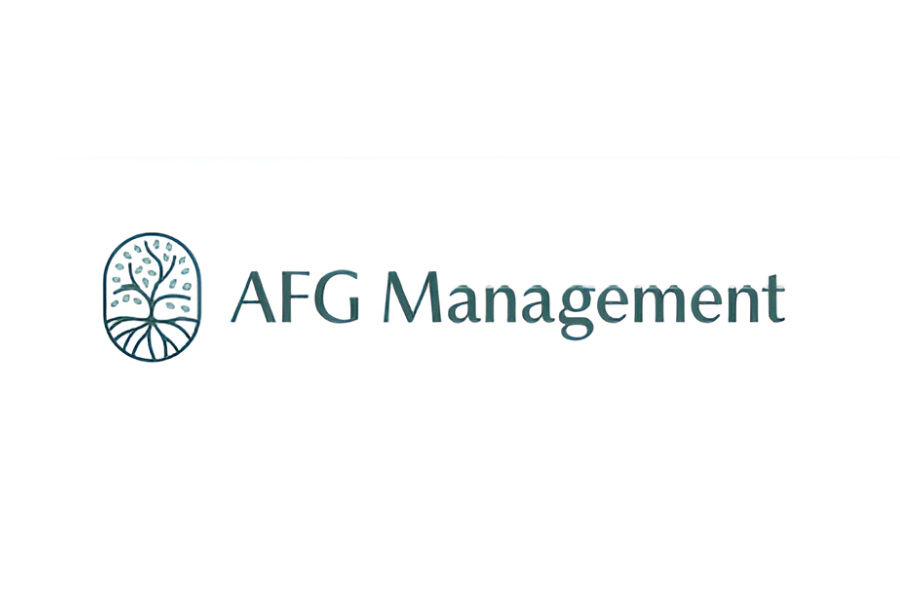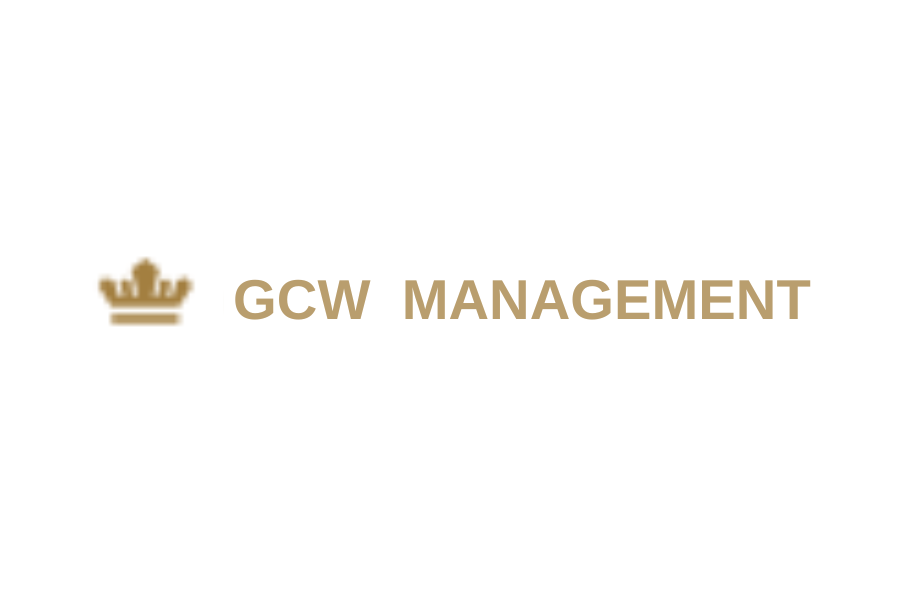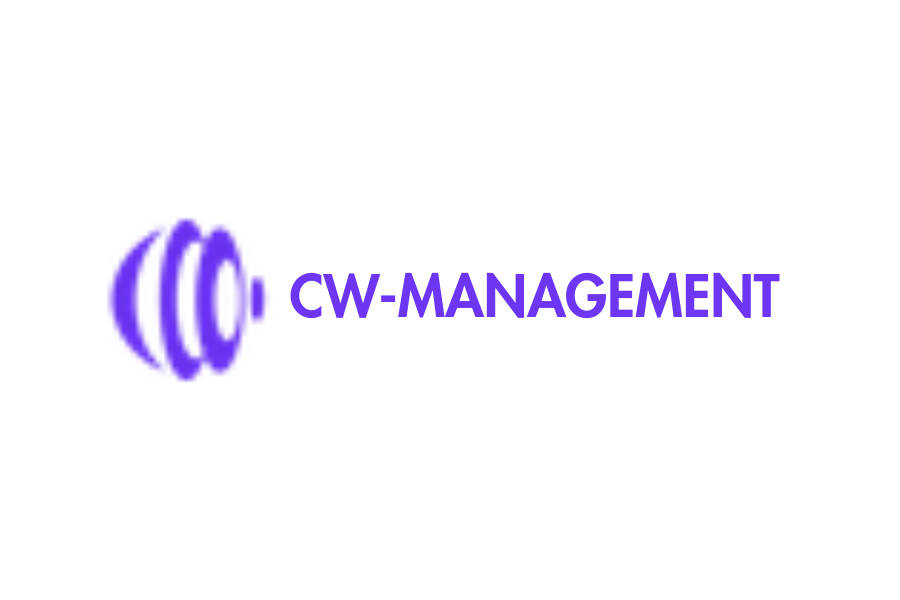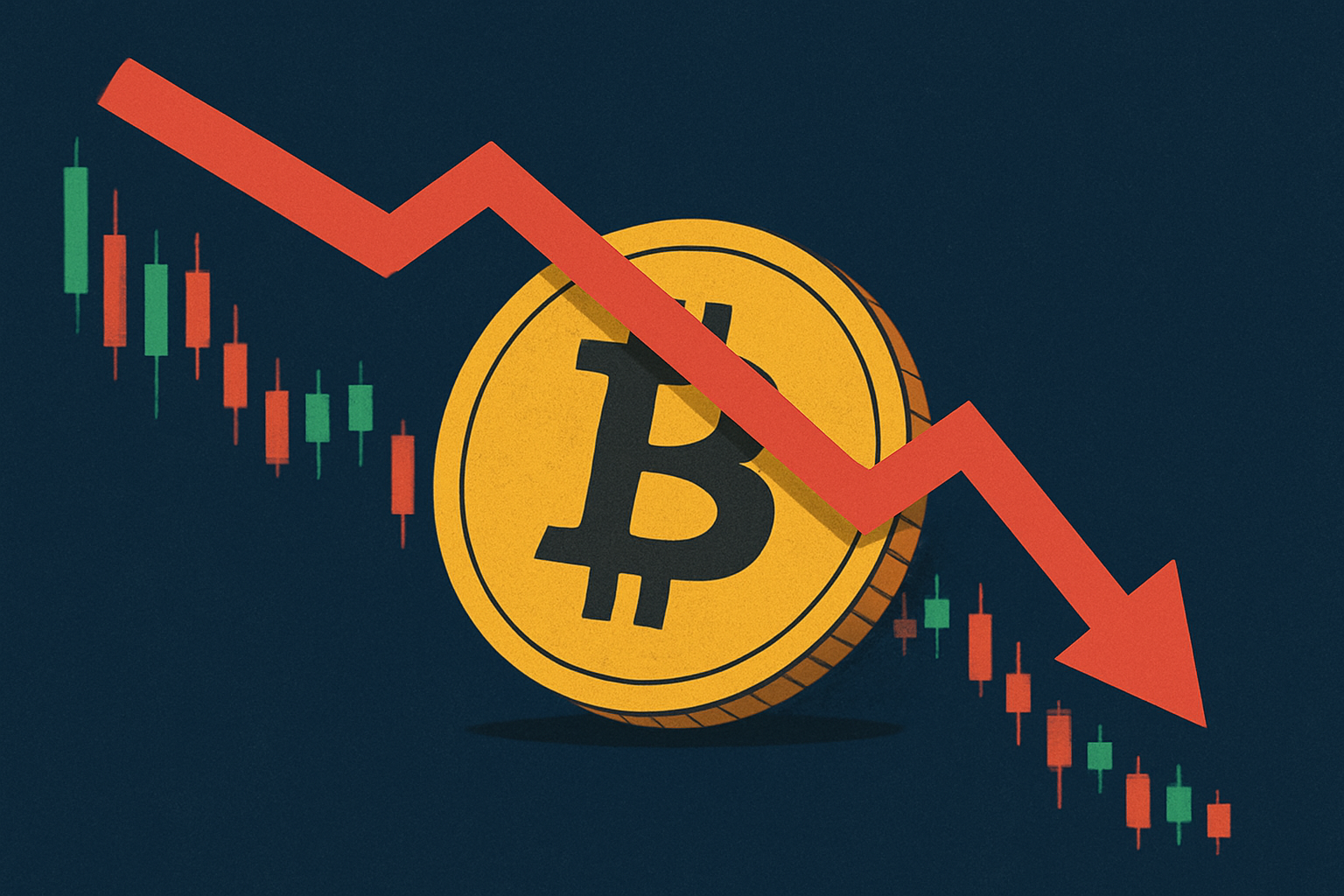Blockchain technology, originally introduced as the foundation for cryptocurrencies like Bitcoin, has found applications beyond digital currencies. One particularly intriguing and transformative application is in the realm of supply chain management. The use of blockchain in supply chains promises to bring about unparalleled transparency, traceability, and efficiency, revolutionizing the way products are produced, distributed, and consumed. In this article, we will explore the role of blockchain in supply chains and its potential to reshape industries and improve the lives of consumers and producers.
The Current State of Supply Chains
Supply chains are complex networks that encompass the production, distribution, and delivery of goods and services. These chains often involve numerous parties, including manufacturers, suppliers, logistics providers, retailers, and consumers. However, this complexity comes at a cost. Supply chains today suffer from various challenges, including:
1. Lack of Transparency: In many supply chains, participants have limited visibility into the flow of goods and information. This opacity can lead to inefficiencies, delays, and fraud.
2. Counterfeiting: Counterfeit products, whether pharmaceuticals, luxury goods, or electronics, pose a significant threat to consumer safety and brand reputation.
3. Inefficiencies: Manual record-keeping, redundant processes, and outdated systems can lead to inefficiencies, errors, and higher operational costs.
4. Lack of Trust: Trust issues often arise in supply chain relationships, as participants may not have faith in each other’s actions or claims.
Blockchain as a Solution
Blockchain technology offers a promising solution to these supply chain challenges. A blockchain is a distributed ledger that records transactions in a secure and tamper-proof manner. Each transaction is added to a block, and once added, it becomes permanent and cannot be altered. These transactions are linked together in a chain, forming a continuous and transparent record of activities.
Here are some of the ways in which blockchain is transforming supply chains:
1. Enhanced Traceability: With blockchain, each product can be assigned a unique identifier, such as a QR code or RFID tag. This identifier allows anyone in the supply chain, including consumers, to trace the product’s journey from its origin to its final destination. This increased traceability can be especially critical in sectors like food and pharmaceuticals, where product safety is paramount.
2. Transparency: All authorized participants in a blockchain network have real-time access to the same data. This transparency fosters trust and accountability among supply chain participants. It allows for the monitoring of product quality, adherence to regulations, and the tracking of assets throughout their lifecycle.
3. Counterfeit Prevention: Counterfeiting is a significant concern for many industries. Blockchain can help combat this issue by making it nearly impossible to create counterfeit products. The immutable nature of blockchain records ensures that the history and authenticity of each product can be verified at any point in the supply chain.
4. Improved Efficiency: Smart contracts, which are self-executing contracts with predefined rules and penalties, can automate many processes in the supply chain. These contracts can trigger actions like payment, product release, or quality checks when specific conditions are met, streamlining operations and reducing the potential for human error.
Use Cases and Industry Examples
Blockchain in supply chain management is not just theoretical; it’s already making a significant impact in various industries. Here are some notable examples:
1. Food Safety: In the food industry, blockchain is used to trace the origin of products and monitor temperature and humidity during transportation. Walmart, for instance, implemented a blockchain system for tracking leafy greens, reducing the time it took to trace the source of contaminated produce from weeks to seconds.
2. Pharmaceuticals: The pharmaceutical industry is employing blockchain to combat the proliferation of counterfeit drugs. By tracking the production and distribution of medications on a blockchain, companies can ensure that patients receive authentic, safe products.
3. Luxury Goods: High-end brands use blockchain to verify the authenticity of luxury items. This builds trust with consumers and combats the counterfeit luxury goods market.
4. Cross-Border Trade: Blockchain simplifies the customs and import/export processes by digitizing and automating paperwork, reducing delays, and increasing efficiency in cross-border trade.
5. Automotive: In the automotive industry, blockchain is used to track the history of vehicles, including maintenance records and accident history. This information can be beneficial for buyers and sellers in the used car market.
Challenges and Future Prospects
Despite its potential, the adoption of blockchain in supply chains faces several challenges:
1. Integration: Integrating blockchain into existing supply chain systems can be complex and costly. Many companies are hesitant to overhaul their existing infrastructure.
2. Standards: The lack of standardized protocols and industry-wide adoption hinders interoperability and data sharing.
3. Scalability: As more participants join a blockchain network, scalability issues can arise. Ensuring that the system remains efficient as it grows is a significant challenge.
4. Regulatory Frameworks: The regulatory environment for blockchain and cryptocurrencies varies from country to country, and uncertainty can impede adoption.
Despite these challenges, the potential of blockchain in supply chains is undeniable. As technology matures and becomes more widely adopted, we can expect to see greater efficiencies, improved transparency, and safer products across various industries. The journey towards a blockchain-powered supply chain future has already begun, and it holds tremendous promise for both businesses and consumers alike.












